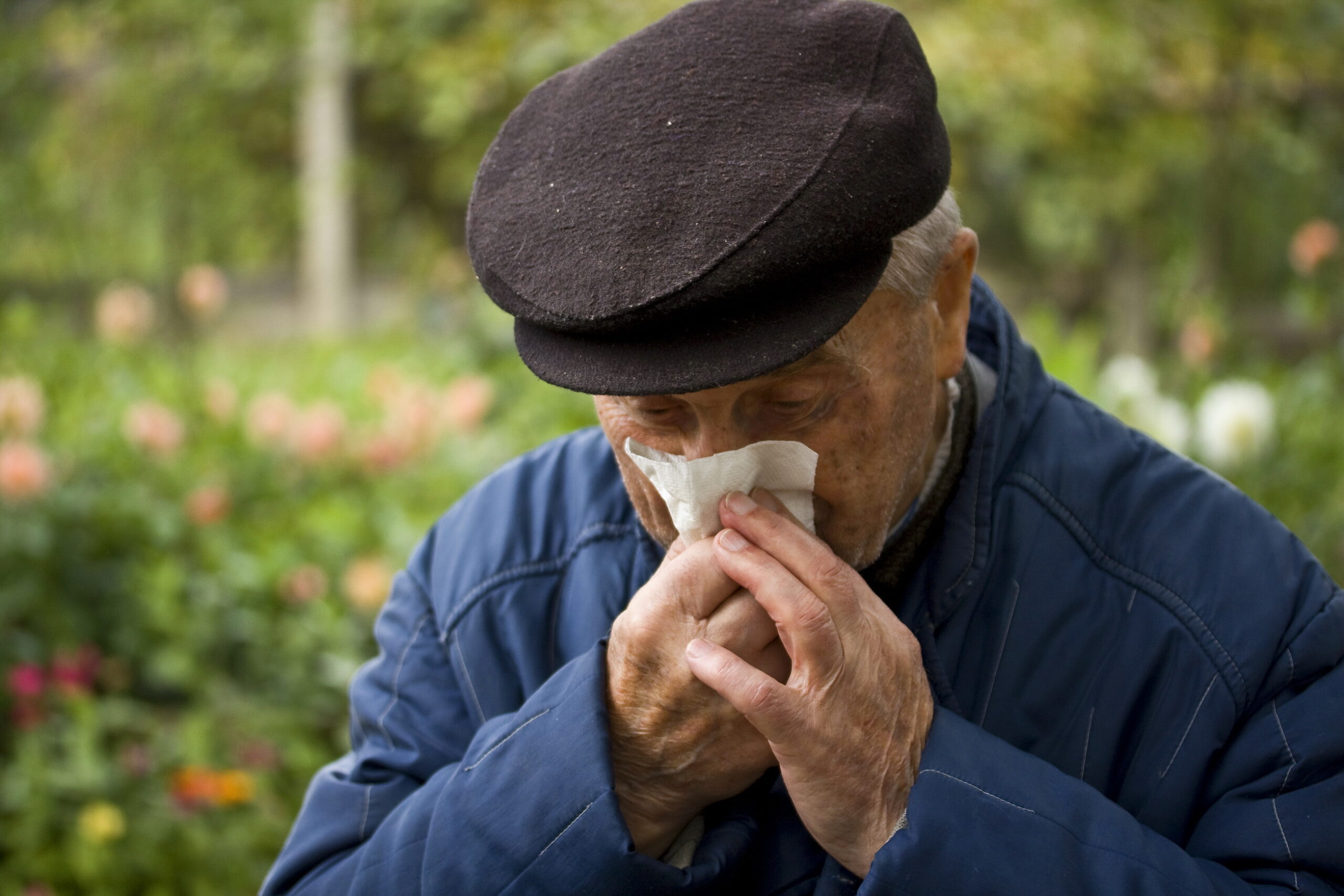If you are one of the millions of seasonal allergy sufferers dealing with Spring pollen, you are certainly not alone and even adults can unexpectedly develop environmental and other allergies. It’s important to visit an allergist to properly identify what type of allergic reaction you may be having and get the proper treatment.
Seasonal allergies, or allergic rhinitis, is often triggered by tree, grass and weed pollen, mold spores, dust mites, cockroaches and cat, dog or rodent dander. According to the Asthma and Allergy Foundation of America, these types of allergies affect 20 million American adults.
The good news is that there are medications and immunotherapy treatments like allergy shots that can help relieve symptoms and prevent unnecessary suffering. After waiting months for warmer weather, it’s a shame not to be able to enjoy the outdoors due to itchy, watery eyes, congestion, and an itchy, runny nose. And as carbon dioxide levels in the earth’s atmosphere rise, plants’ reproductive cycles will intensify, producing more pollen, so there’s a good chance that allergy seasons will become increasingly longer and more acute.
While seasonal allergies are more of an annoyance than more serious allergies like food allergies and life-threatening reactions to insect stings or medications, they can still make you feel miserable. And besides taking medications to relieve symptoms, there are several steps adults can take to minimize their exposure to allergens.
While rain can help clear pollen from the air and help allergy sufferers, thunderstorms can cause mold and pollen cells to rip apart, leading a worsening of symptoms. People with asthma should be prepared to use their inhalers during thunderstorms.
Reducing Exposure to Triggers
- Stay indoors on dry, windy days. The best time to go outside is after a good rain, which helps clear pollen from the air.
- Delegate lawn mowing, weed pulling and other gardening chores that stir up allergens.
- Remove clothes you’ve worn outside and shower to rinse pollen from your skin and hair.
- Don’t hang laundry outside — pollen can stick to sheets and towels.
- Wear a pollen mask if you do outside chores.
- If high pollen counts are forecasted, start taking allergy medications before your symptoms start.
- Close doors and windows at night or any other time when pollen counts are high.
- Avoid outdoor activity in the early morning when pollen counts are highest.
- Use the air conditioning in your house and car.
- If you have forced air heating or air conditioning in your house, use high-efficiency filters and follow regular maintenance schedules.
- Keep indoor air dry with a dehumidifier.
- Use a portable high-efficiency particulate air (HEPA) filter in your bedroom.
- Clean floors often with a vacuum cleaner that has a HEPA filter.
Source: Mayo Clinic






Add Your Voice
0 Comments
Join the Discussion